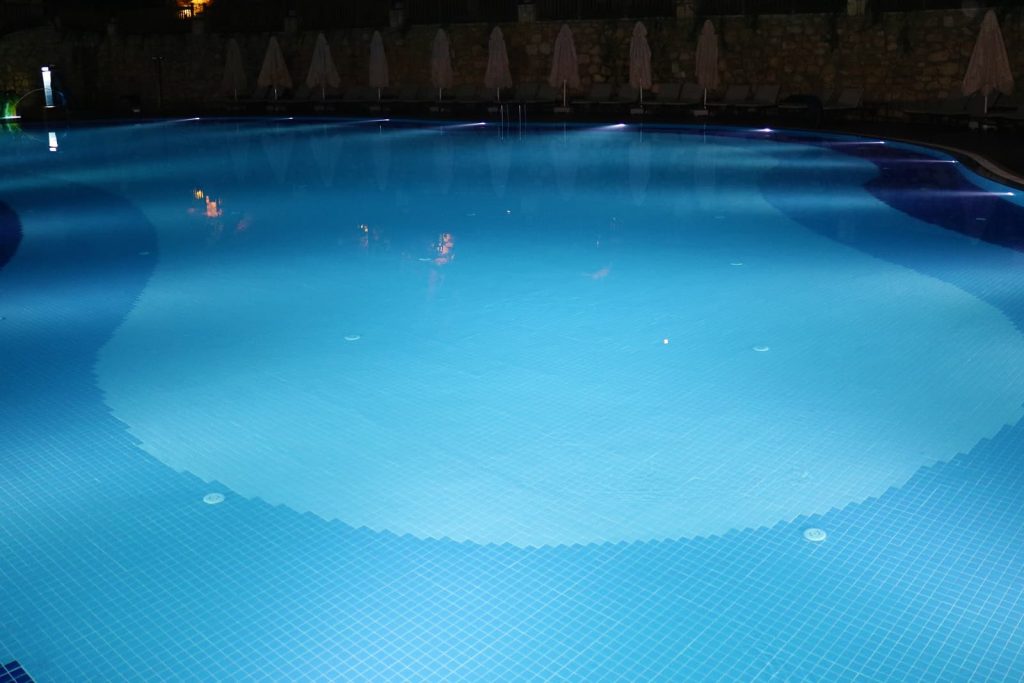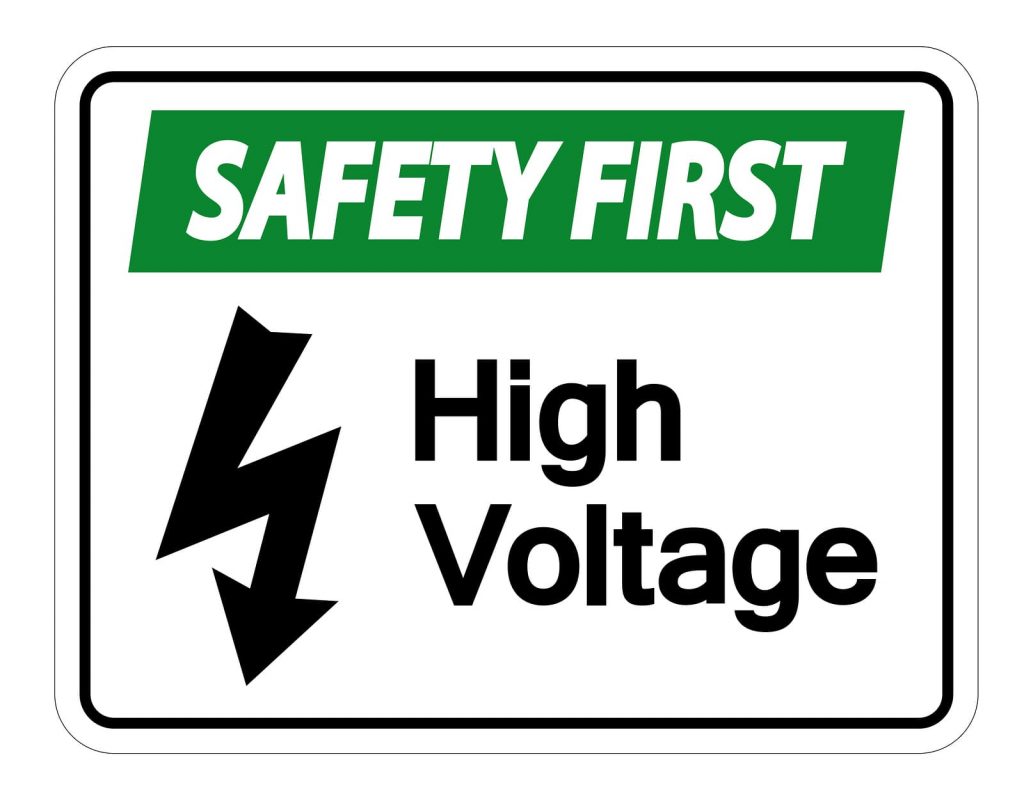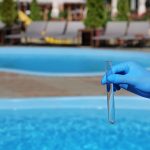Electrical Safety for Swimming Pool and Spa Equipment
When operating any swimming facility, electrical safety should be a top priority. Electrically operated equipment and power supplies can create shock hazards, especially at a swimming facility where the water and moisture act as a conductor. Because of these hazards, all electrical equipment must be installed, repaired and maintained by licensed professionals. A Certified Pool Operator® should be aware of the basics of electricity as it relates to a swimming pool.
Electric Shocks
When someone is subjected to an electric shock, vital organs can become damaged and there is a chance they may temporarily lose muscular function. This results in the shock victim feeling unable to drop or stop touching whatever is electrocuting them. Electric shocks range in severity from a slight tingle up to extreme pain or even death. At a high enough voltage, someone can lose their ability to breathe, become unconscious, or their heart may even stop. Regardless of the shock’s intensity, the situation should be treated as an emergency and every precaution should be taken to prevent it.
Shock Sources
A common source of electric shocks that occur at swimming facilities is underwater pool lighting. Other common sources to keep an eye on are circulation motors, pool cleaning equipment, junction boxes for electrical connections, hydrotherapy equipment, exterior pool lights, timer controls, heaters, appliances, and electrically operated pool covers. The installation of any of this equipment must meet all requirements set out by the National Electric Code (NEC) Article 680 as well as any local regulations that may apply.
Grounding
There are five main elements to consider for electricity at swimming facilities – grounding, bonding, safe distances, GFCIs and Instructions/Warning Labels. Grounding provides a low-resistance path from the equipment to the ground for fault currents. A ‘ground’ is a connection between an electrical device and the earth. Electrical equipment located within five feet of a pool or spa wall as well as any equipment associated with water circulation must be grounded. In addition, junction boxes, transformer enclosures, circuit boards, Ground Fault Circuit Interrupters (GFCIs), panel boards, and underwater lighting must be grounded.
Bonding
Bonding is when you tie or fasten electrical devices to the same ground potential. Bonding all required pool elements connect the devices with low-resistance paths to ground using a solid copper wire. Everything within touch is connected to ground potential. NEC Article 680 requires various pool and spa equipment to be properly bonded including, but not limited to, metal parts of the pool structure, metal fittings attached or within the pool, metal equipment associated with the circulation systems of the pool or spa, underwater lighting, all fixed metal parts, cables, and raceways that are not separated from the pool with a permanent barrier.
Safe Distances and GFCIs
“Safe distances” refers to the requirement to keep electrical receptacles, light fixtures and similar equipment away from the pool or spa and any other potentially wet area. NEC Article 680 requires all of these be no closer than 10 feet from the pool or spa wall. GFCIs measure the difference between input and output currents through a circuit. When someone is being shocked, the rapid discharge of electricity results in largely different input and output currents. When the difference between inputs hits a certain threshold (5 milliamperes) the GFCI opens the circuit and the shock is limited.
Warnings, Instructions, and Procedures
Every swimming facility should have warnings, instructions and procedures in place for electrical safety. Written instructions should be made that cover all use of electrically operated equipment. Areas that pose safety hazards should be marked with clearly visible signs warning of that danger.
Going Beyond Electrical Safety
The best way to understand electrical safety for swimming pool and spa equipment is to become CPO® certified. However when it comes to electricity it is always best and recommended to consult and utilize a licensed electrician. You can learn from the experts and become CPO® certified at Pool Operation Management. Pool Operation Management’s award-winning CPO training courses train you how to properly operate a swimming pool or spa facility. Our two-day courses offer a wealth of information and training in everything from pool chemicals to energy conservation to risk and liability. For the very best in pool operation, contact us today.








